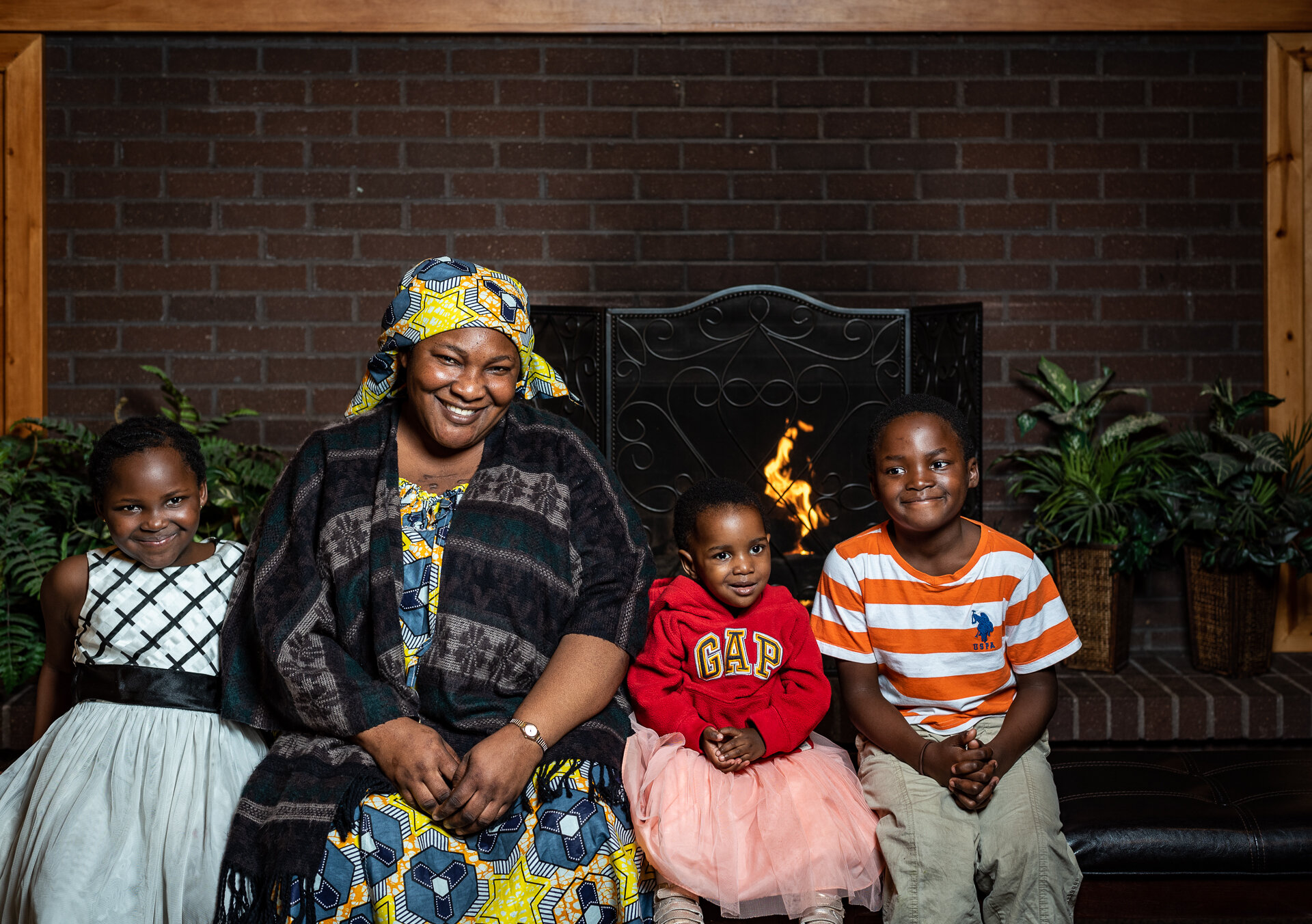Their Food Security is in Trouble. Here's How We're Helping.
Food insecurity causes a host of detrimental effects, so much so that in 2017, the city of Louisville identified limited food access as a root cause of long-term health problems, and the city’s refugee community and other vulnerable populations are no exception. Refugees are particularly susceptible to food insecurity due to a language barrier, low income, difficulty navigating the food environment, and limited information about cooking options.
Louisville has seen a 242% increase in its foreign-born population from 2000-2017, many coming from agricultural backgrounds and traditionally socially vibrant societies. But now, surrounded by convenience stores, refugees have restricted access to recognizable, nutritious foods they can easily incorporate into their diets. High-calorie, low-cost items take precedence instead. What’s more, few are connected to wider community initiatives and stakeholders who provide valuable social connections, leaving a majority at high risk for food insecurity and social isolationism.
That’s why, thanks to a grant from Islamic Relief USA, we’re working with our local partners to increase food security for Louisville’s vulnerable populations by providing a weekly supply of fresh, organic produce to families over the course of six months. Food will be delivered each week to a local community’s center, South Louisville Community Ministries, for pickup, and participant families also receive Nutrition Cards with the English names of the vegetables and simple ways to prepare them.
Over the course of the six months, churches will also be hosting Kitchen Drives to make kitchen supplies like pots and utensils available to families, and potlucks will to be hosted at the CSA farm to help refugees and others build more diverse relationships and expand their social networks.
Find out more about our other 2021 projects like this one, or give to help us expand our efforts.













